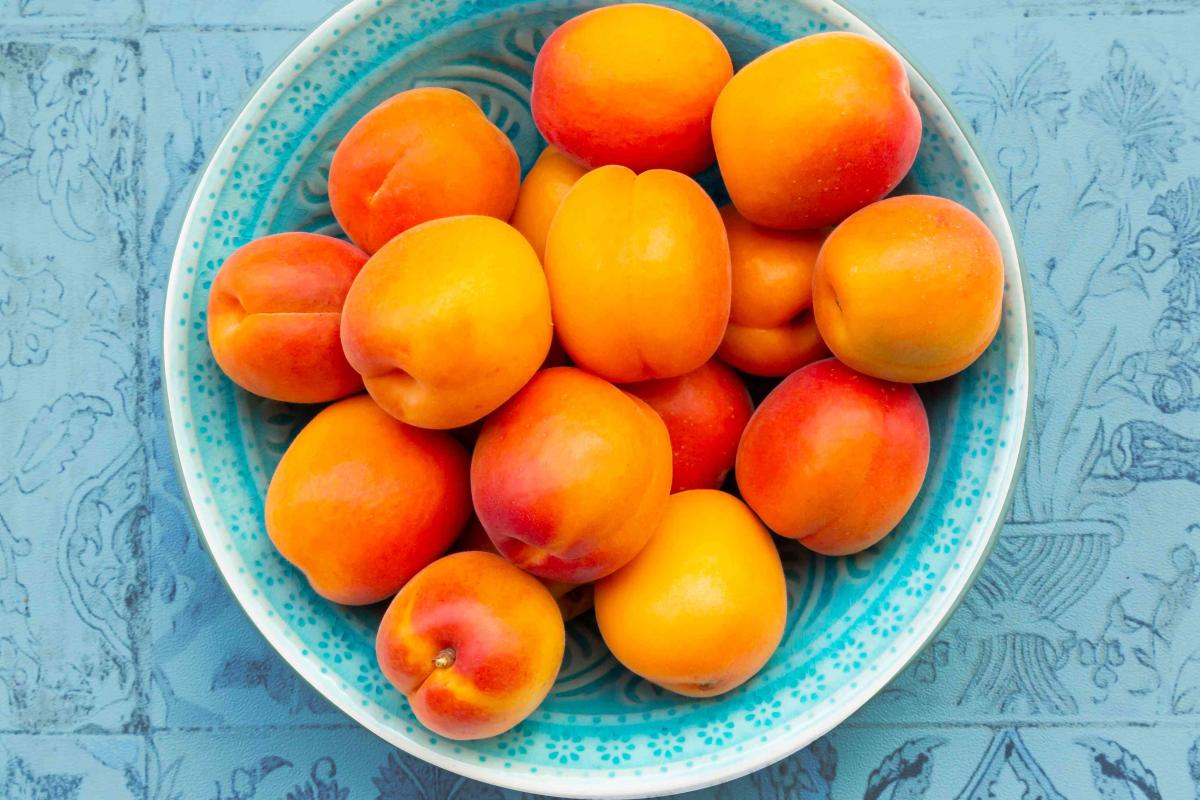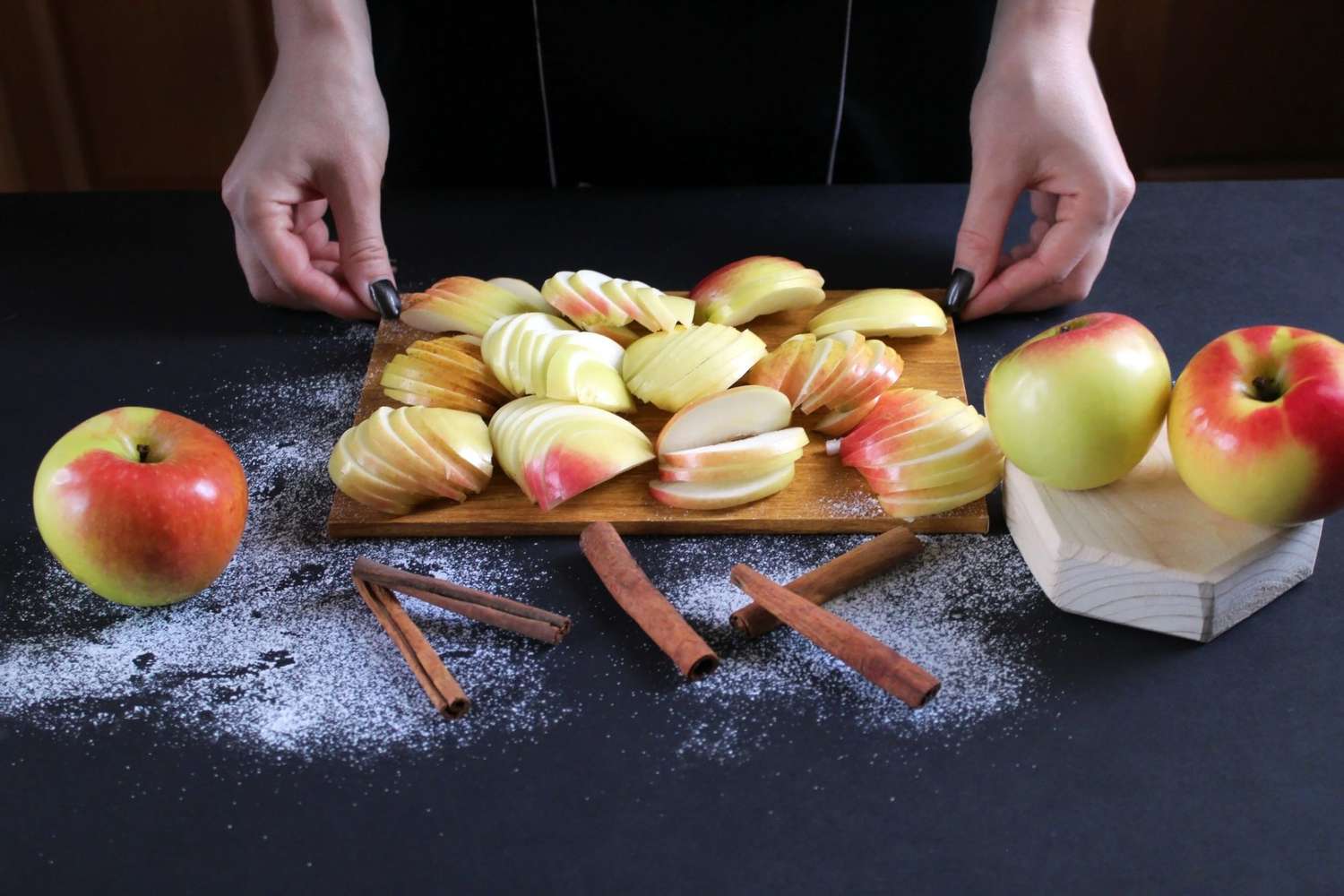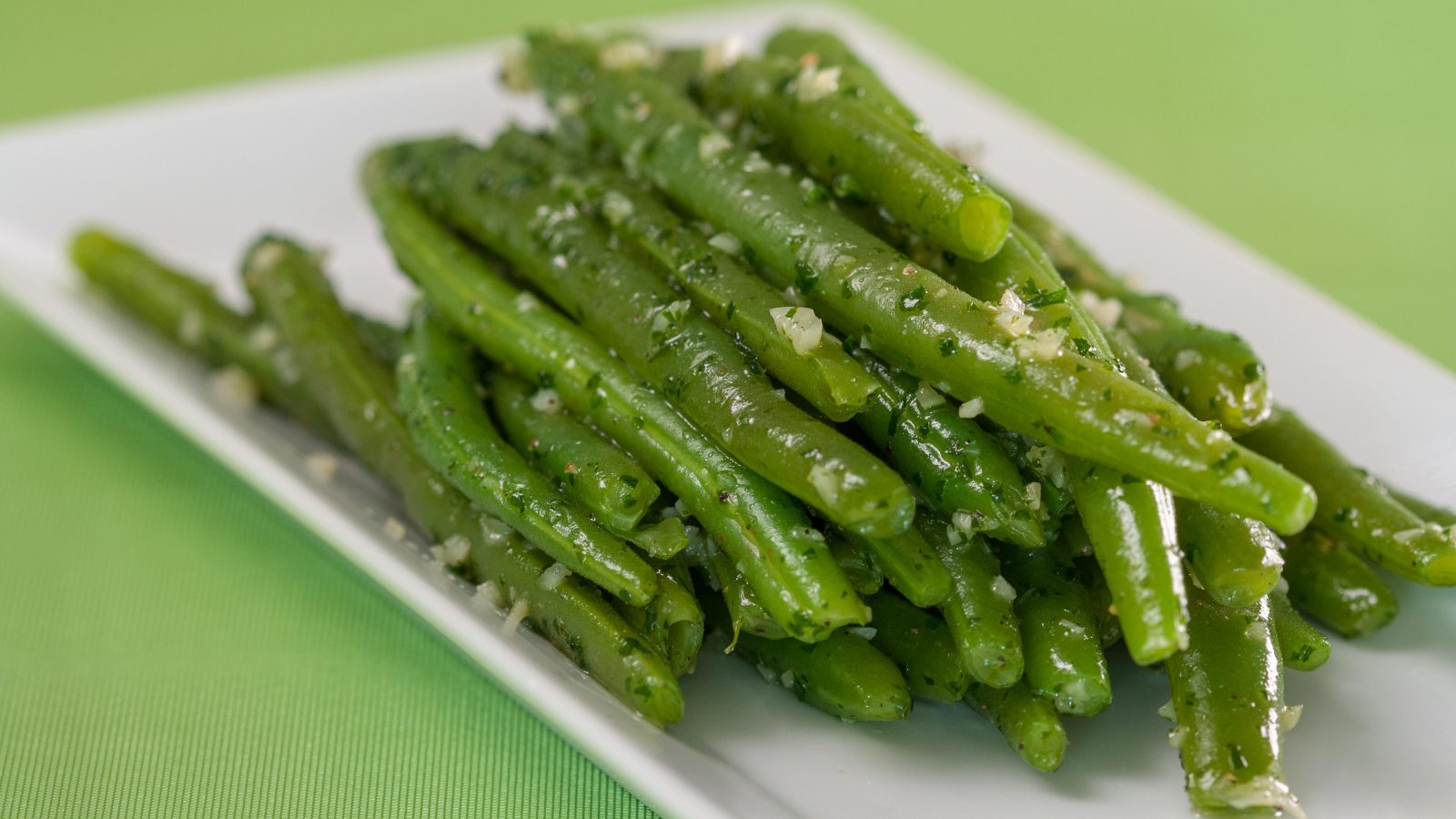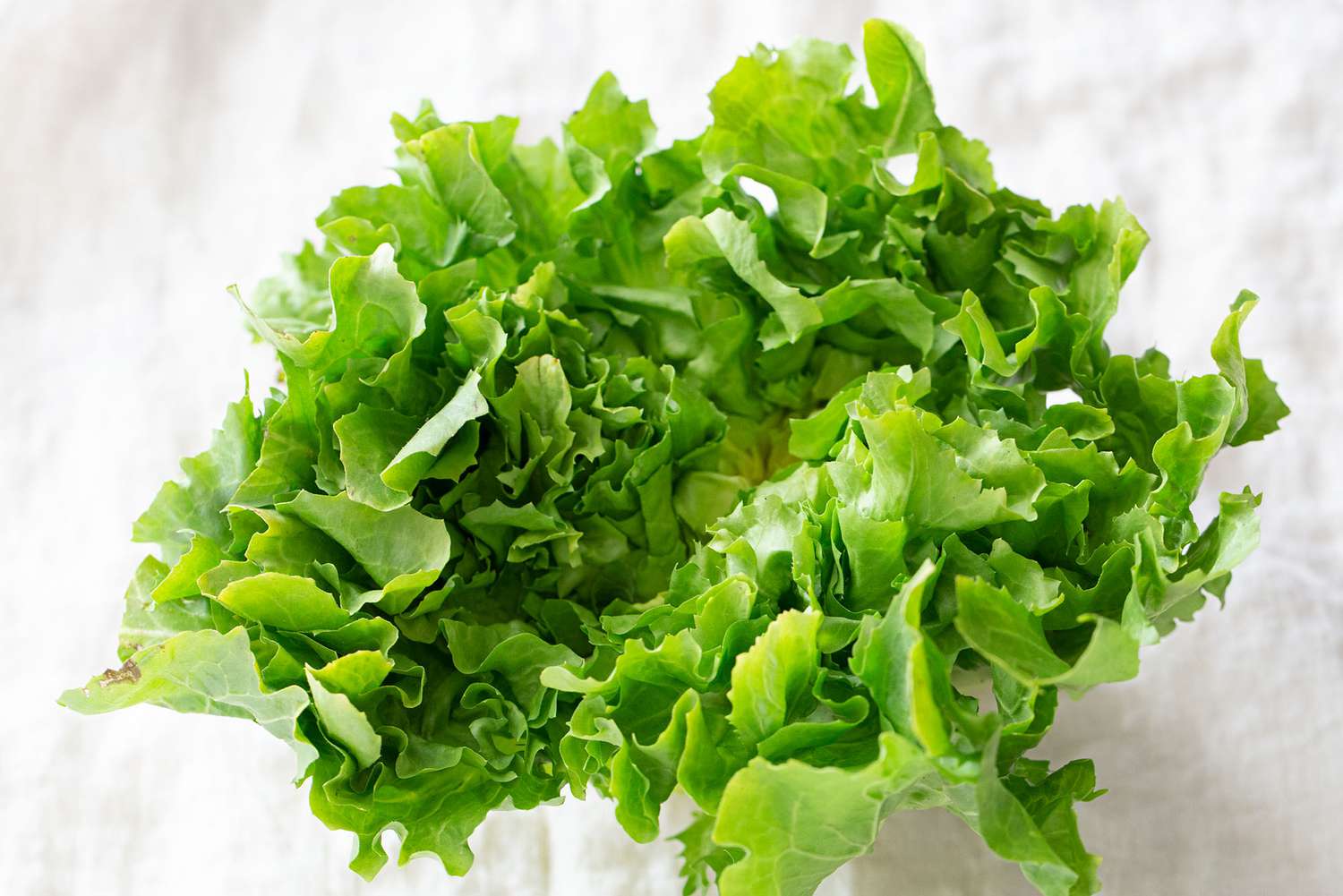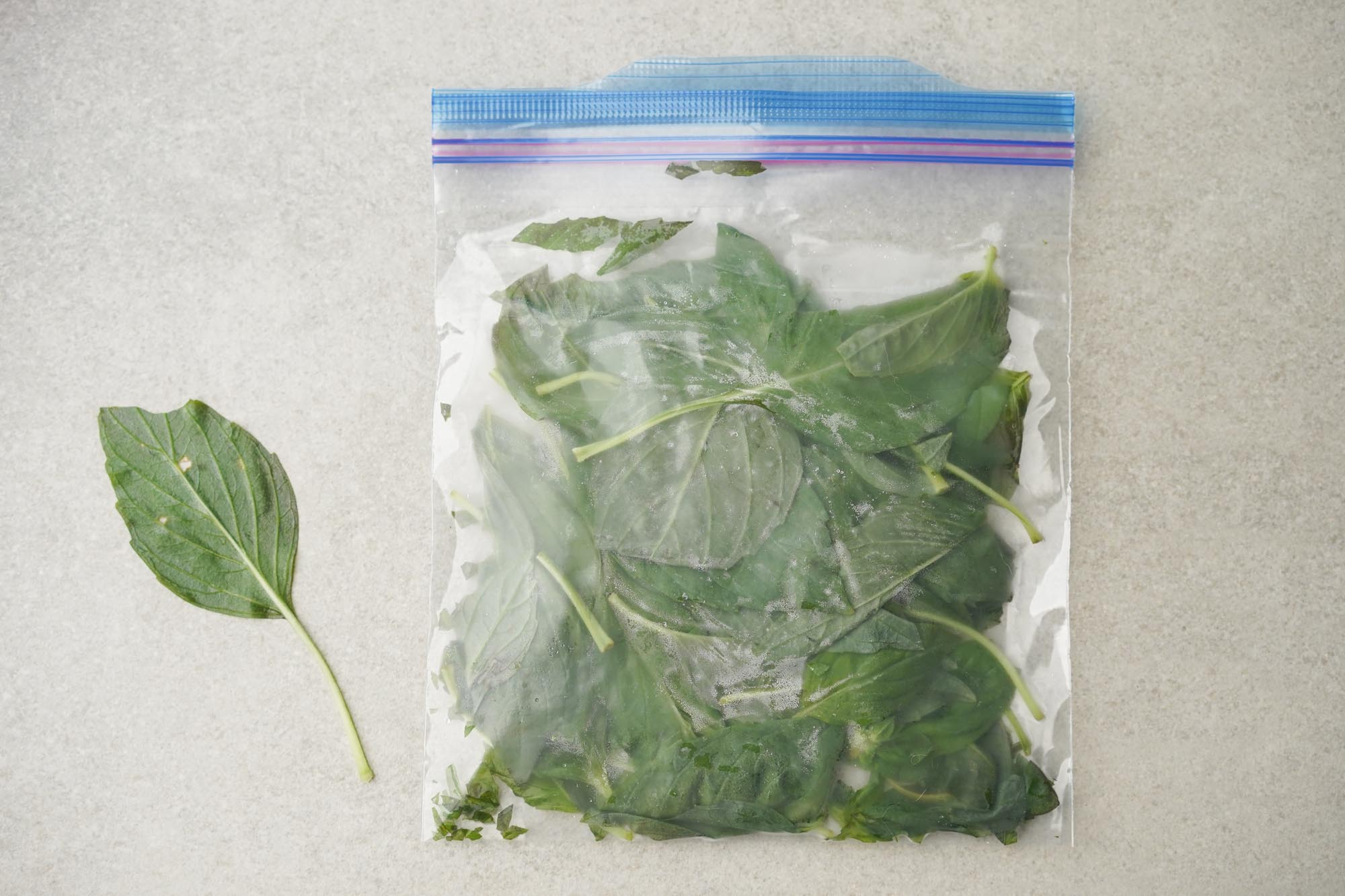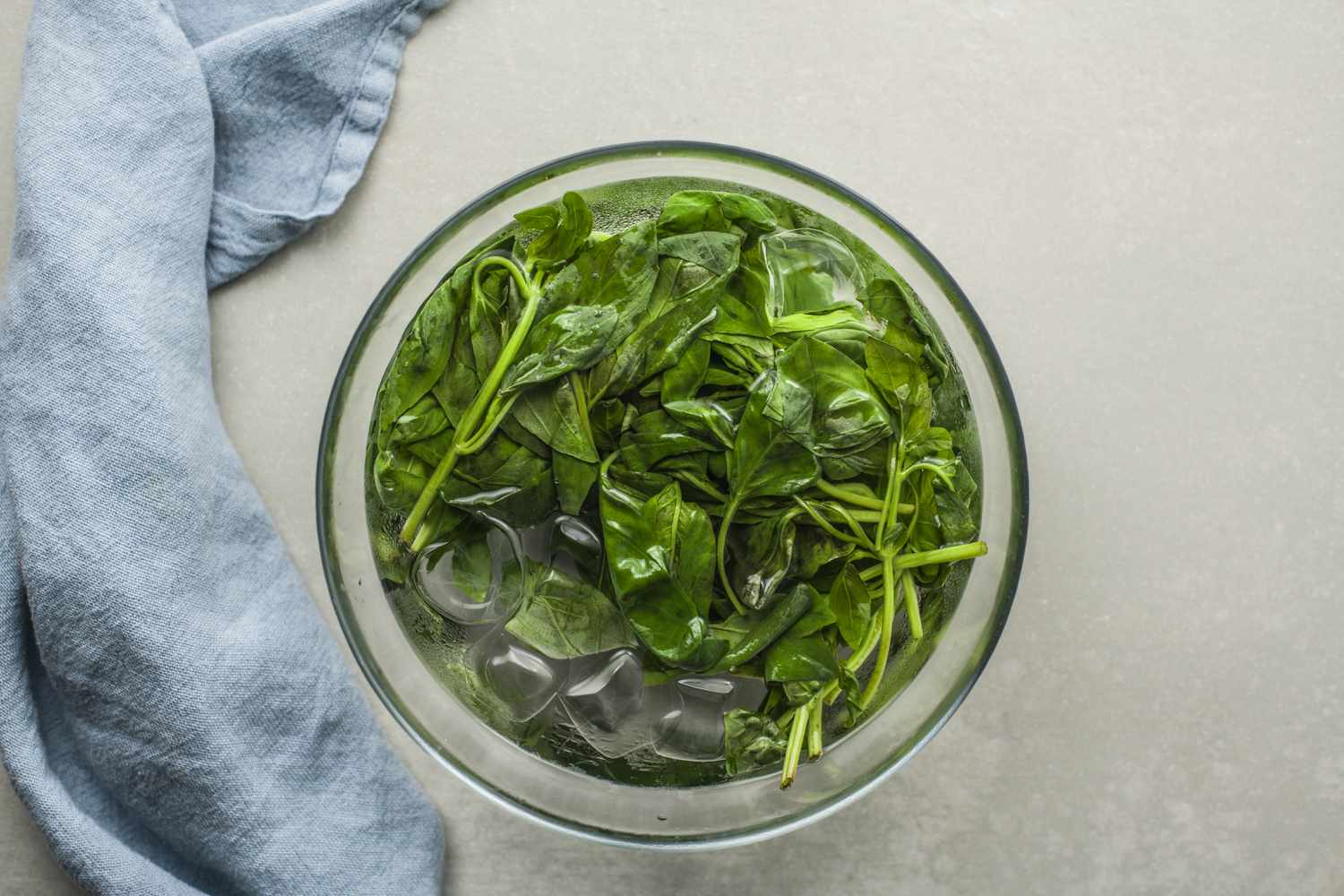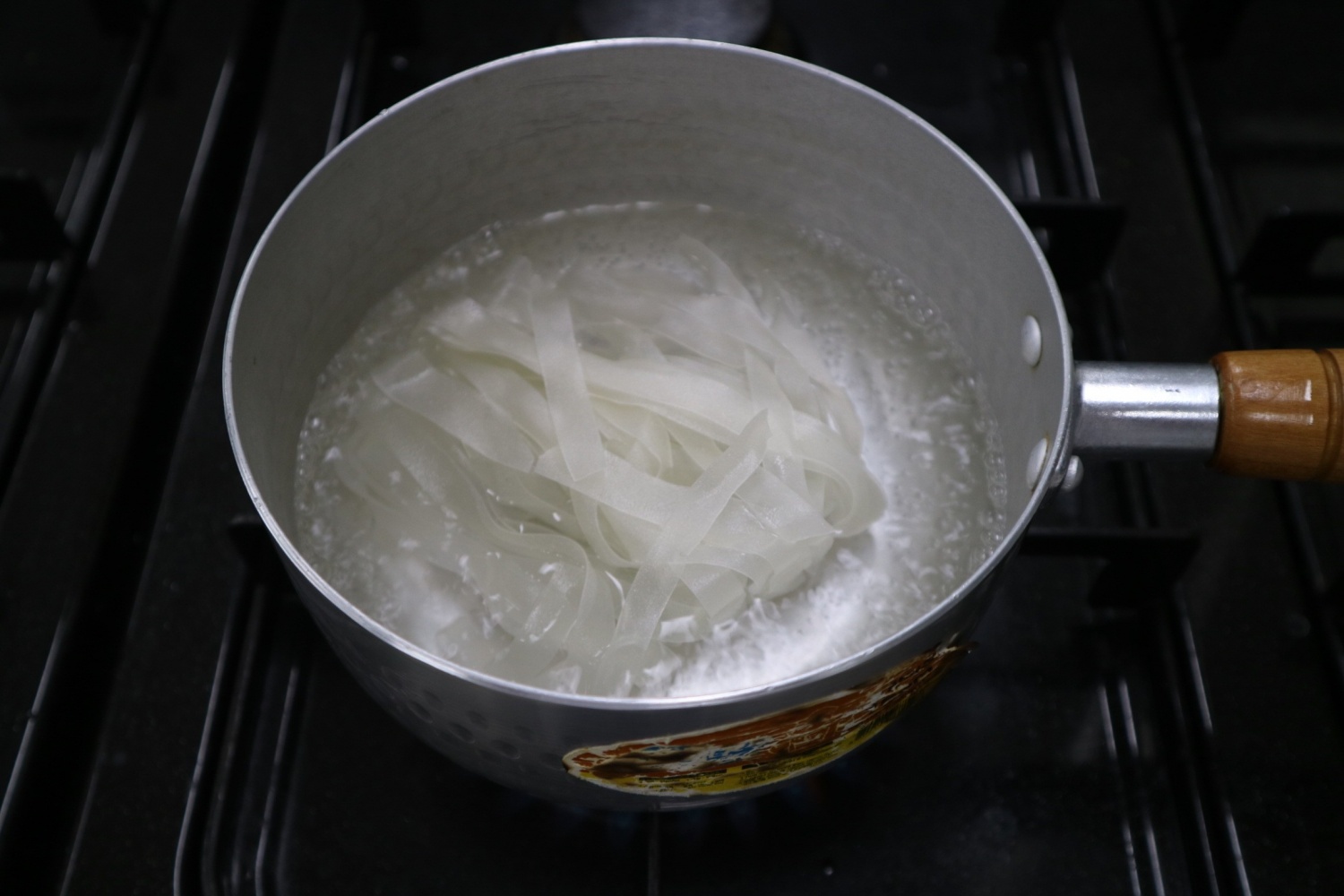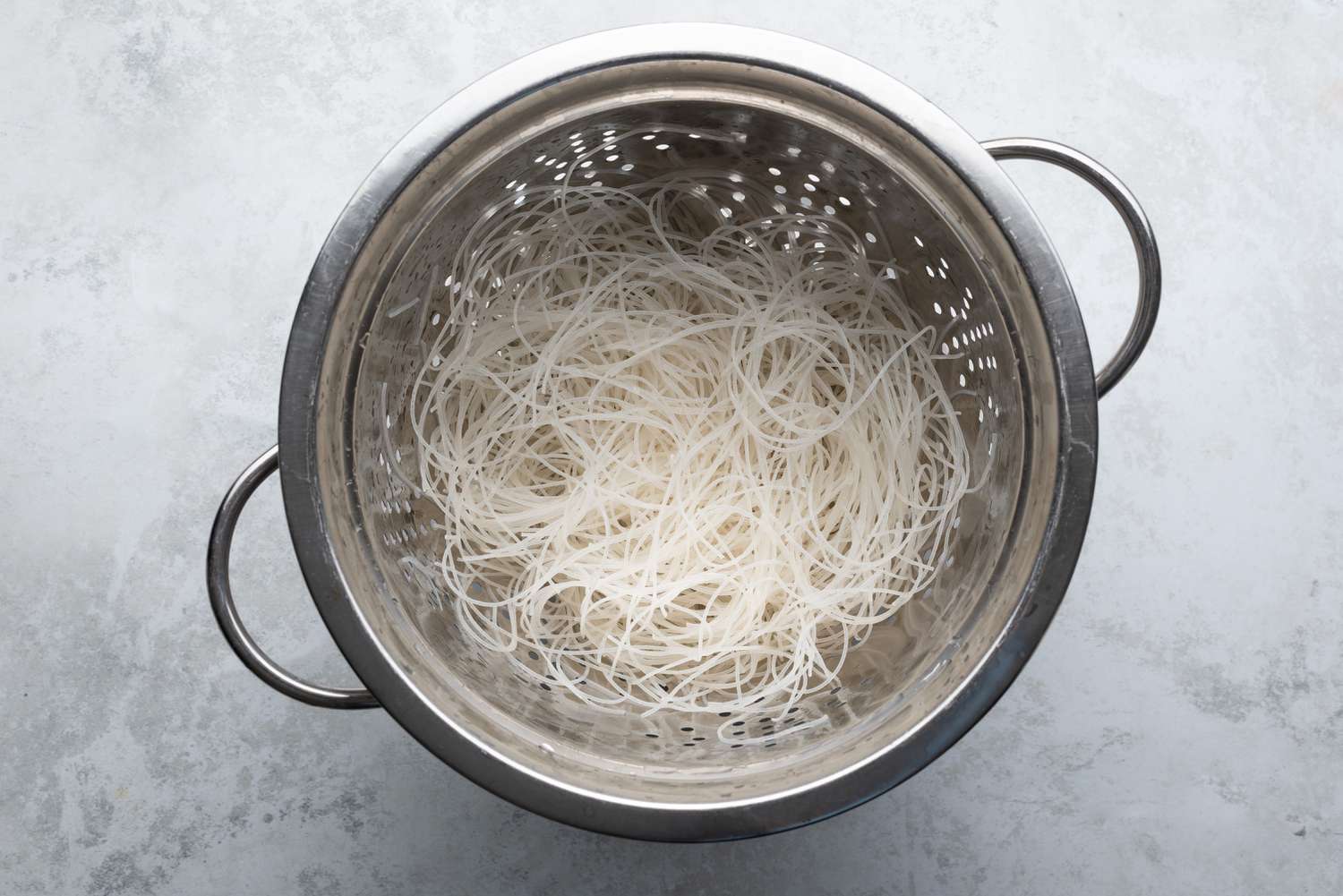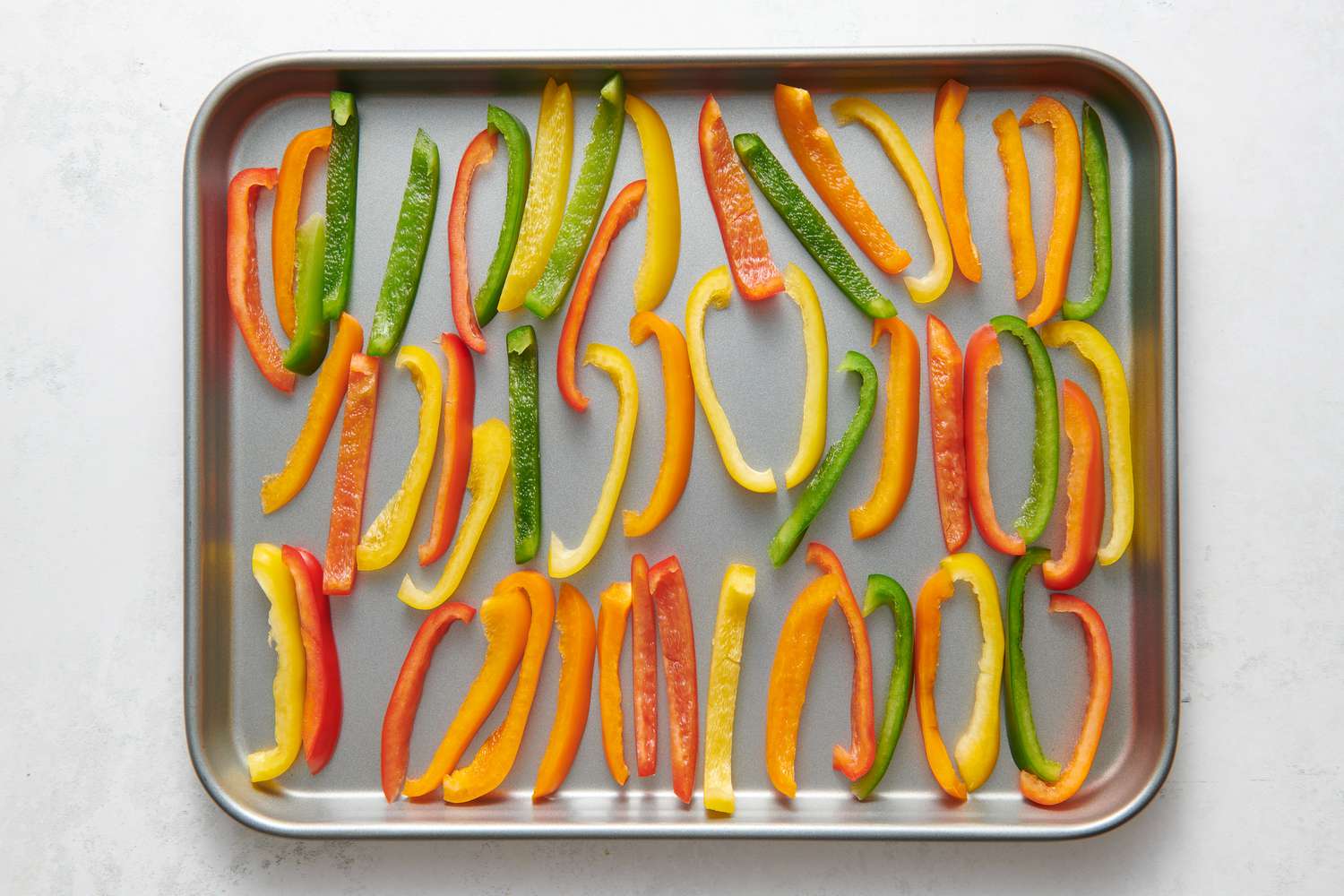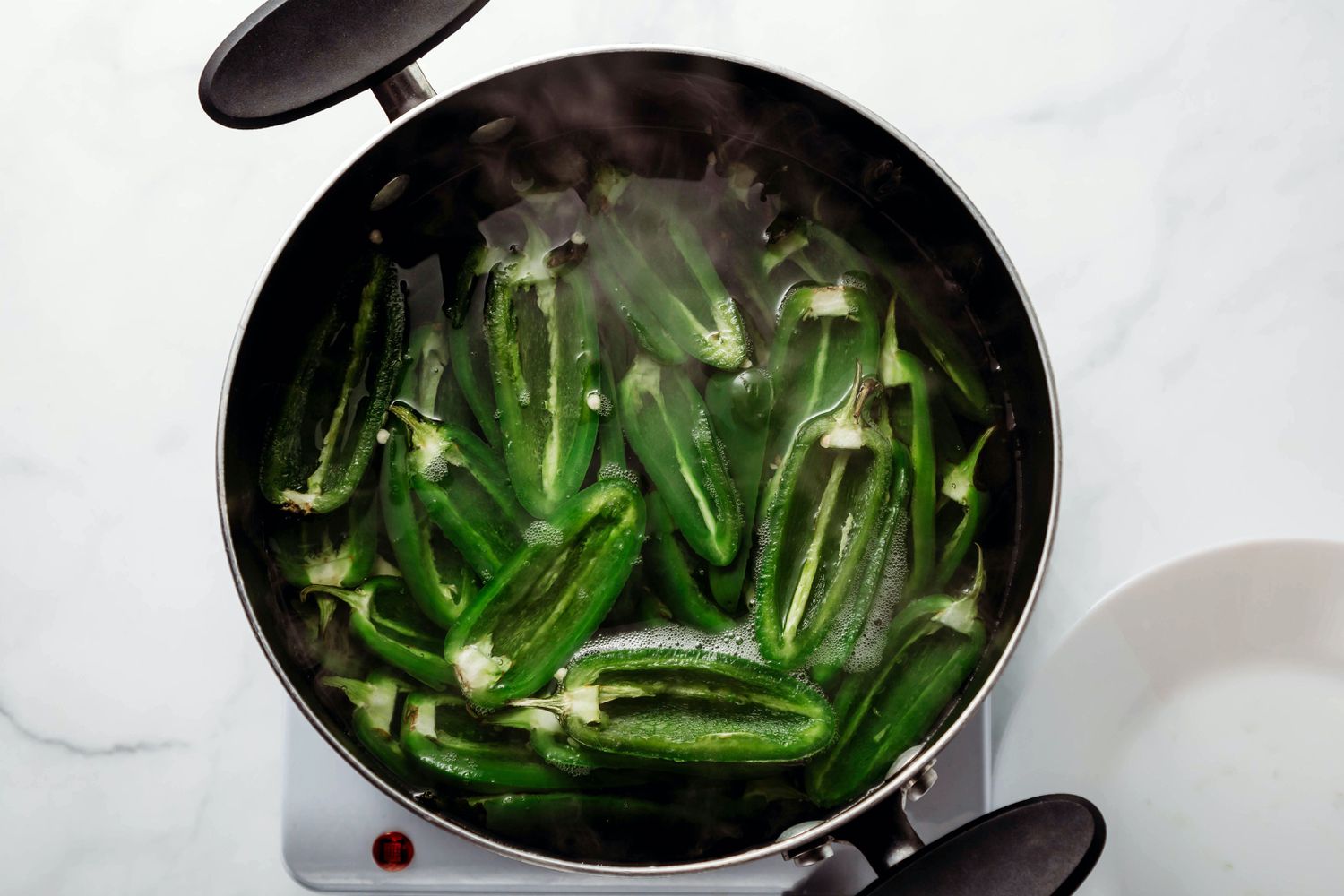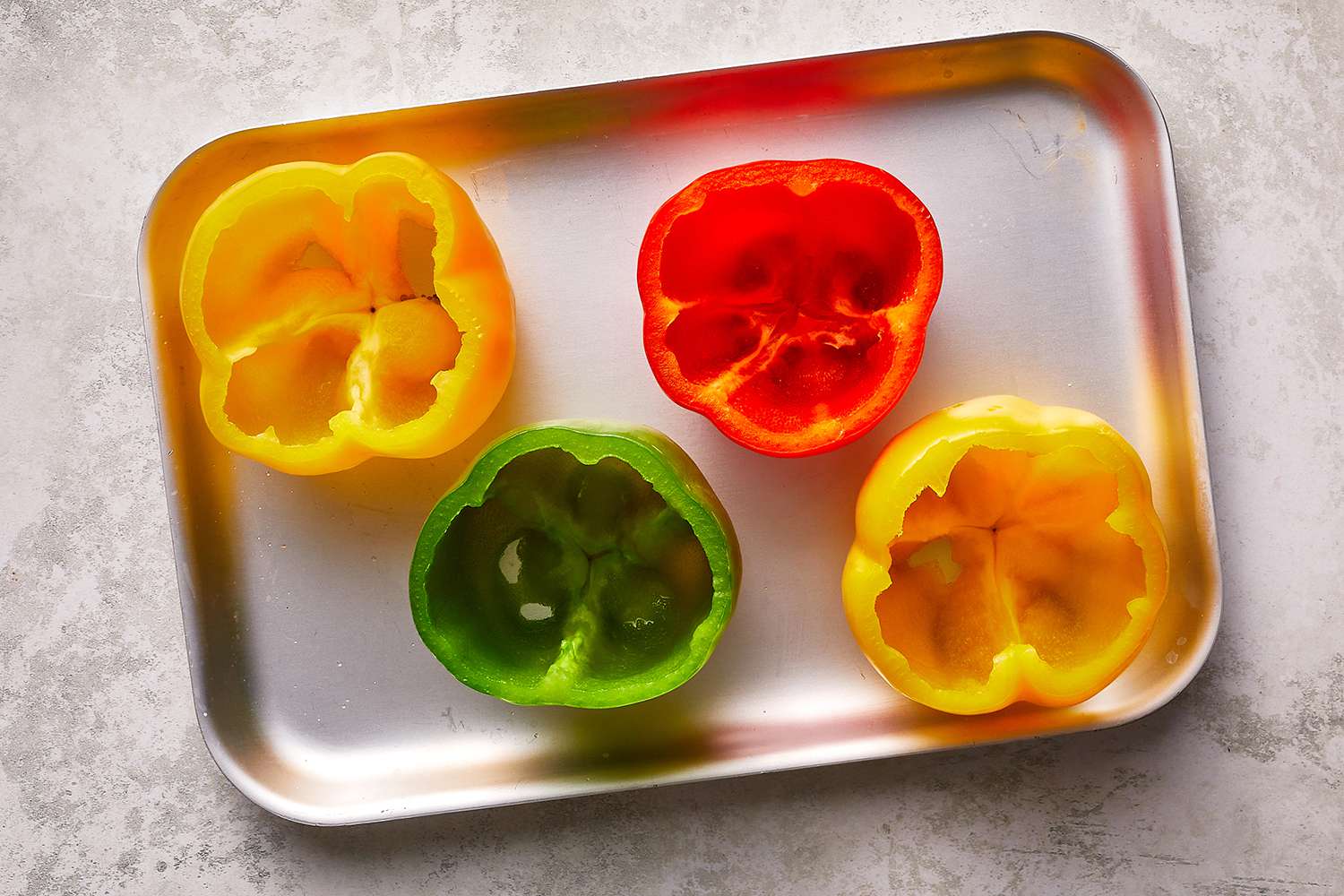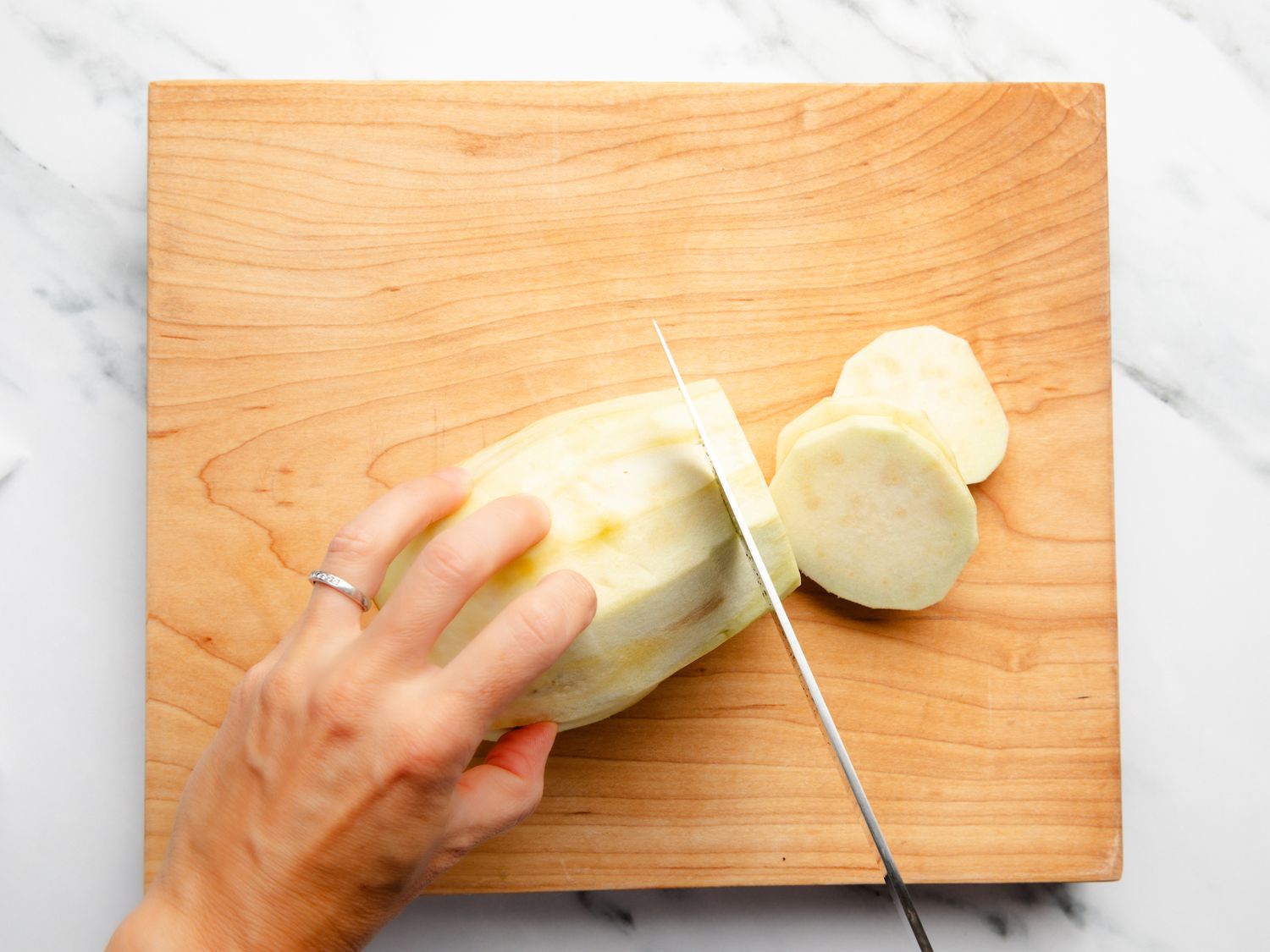What is Blanching?
Blanching is a cooking technique that involves briefly submerging food in boiling water, then immediately transferring it to an ice bath to halt the cooking process. This method is commonly used to soften the texture of vegetables, remove bitterness, and brighten their color. However, did you know that you can also blanch lemons? Blanched lemons can be a versatile ingredient in various recipes, and the process is quite simple.
Why Blanch a Lemon?
Blanching a lemon can help reduce its bitterness and make the peel more palatable. It can also soften the peel, making it easier to incorporate into dishes such as marmalades, syrups, or candied lemon peel. The blanching process can also help remove any residual pesticides or waxes from the surface of the lemon, ensuring that you’re using the cleanest possible ingredient in your cooking.
Steps to Blanch a Lemon
Blanching a lemon is a straightforward process that requires minimal effort. Here’s how to do it:
- Prepare the lemons: Wash the lemons thoroughly to remove any dirt or debris from the peel.
- Boil a pot of water: Fill a pot with water and bring it to a rolling boil.
- Blanch the lemons: Carefully place the whole lemons into the boiling water. Let them boil for about 1-2 minutes.
- Transfer to an ice bath: Using a slotted spoon, remove the lemons from the boiling water and immediately place them in a bowl of ice water. This will stop the cooking process and cool the lemons rapidly.
- Pat dry: Once the lemons have cooled, remove them from the ice water and pat them dry with a clean towel.
Uses for Blanched Lemons
Now that you have blanched lemons, you can use them in a variety of culinary applications. Here are a few ideas to get you started:
- Candied lemon peel: The softened peel of blanched lemons is perfect for making candied lemon peel, a delightful treat on its own or as a garnish for desserts.
- Lemon syrup: Use blanched lemons to infuse simple syrup with a bright, lemony flavor that can be used in cocktails, desserts, or drizzled over pancakes and waffles.
- Lemon marmalade: The softened, less bitter peel of blanched lemons is ideal for making a deliciously sweet and tangy lemon marmalade.
Conclusion
Blanching lemons is a simple yet effective way to enhance their flavor and texture, making them a versatile ingredient for a wide range of dishes. Whether you’re making candied peel, lemon syrup, or marmalade, blanched lemons can elevate your culinary creations to new heights. So, the next time you’re looking to add a burst of citrusy flavor to your cooking, consider blanching a lemon and unlocking its full potential.
